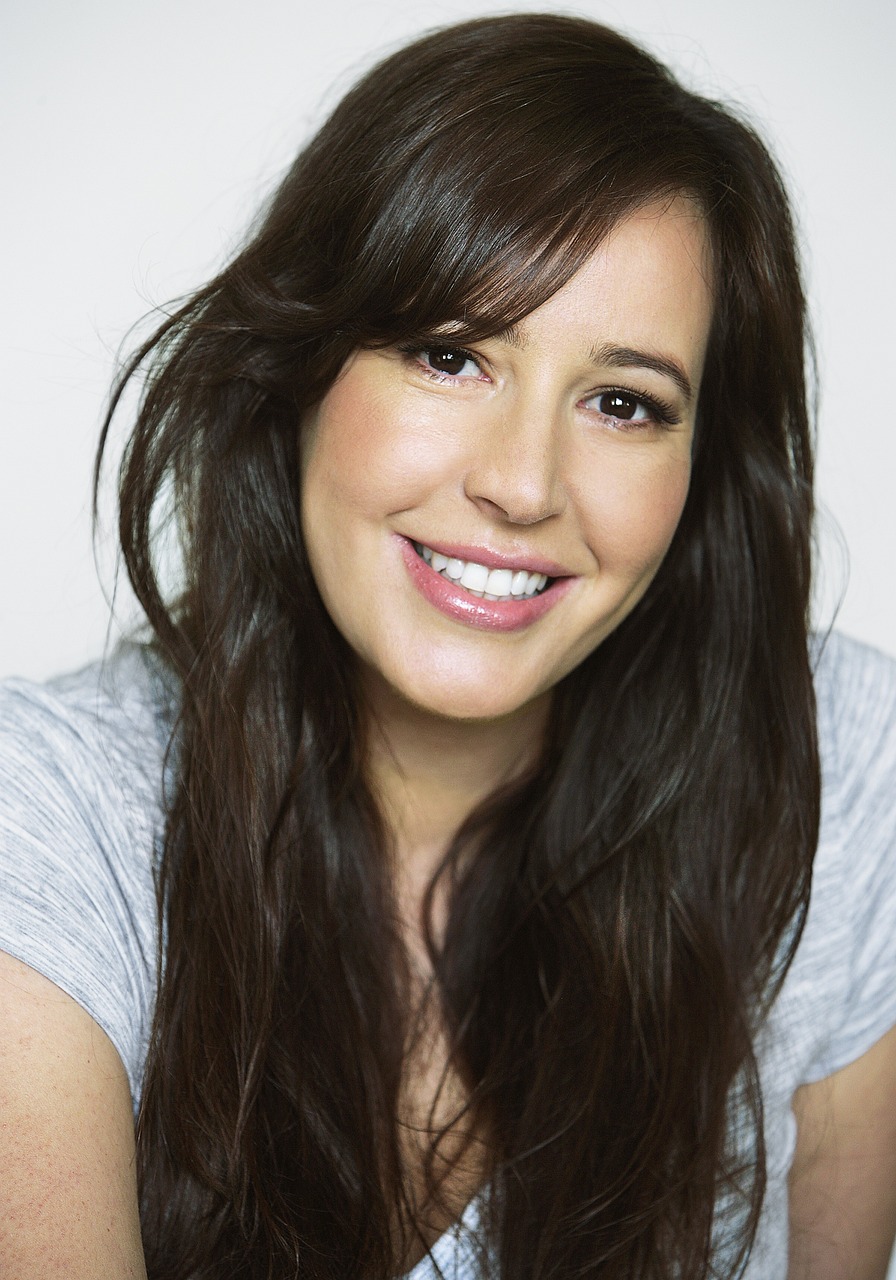Hair is a vital part of a woman’s beauty regimen. It is an extension of her personality and style, and therefore, it’s important to take care of it. Protein is an essential nutrient that can help keep hair healthy, shiny, and strong. In this blog, we’ll explore the benefits of protein for hair, different types of protein, and how to incorporate protein into your hair care routine.
Why is Protein Important for Hair?
Hair is made up of a protein called keratin. Keratin is responsible for providing strength, structure, and protection to the hair shaft. When hair is exposed to environmental factors like heat, pollution, and chemicals, it can damage the hair’s cuticle and weaken the protein bonds. As a result, hair can become dry, brittle, and prone to breakage.
Protein helps to repair and strengthen the hair shaft by filling in the gaps created by damaged protein bonds. It can also help to prevent further damage by providing a protective barrier around the hair shaft.
Different Types of Protein for Hair
Not all proteins are created equal, and different types of protein can have different effects on hair. Here are some of the most common types of protein found in hair care products:
- Hydrolyzed Keratin
Hydrolyzed keratin is a type of protein that has been broken down into smaller molecules. This makes it easier for the protein to penetrate the hair shaft and repair damaged bonds. Hydrolyzed keratin is often found in hair conditioners, treatments, and masks.
- Hydrolyzed Collagen
Hydrolyzed collagen is a protein that is derived from animal sources like cows and pigs. It is often used in hair care products because it can help to improve hair’s elasticity, moisture retention, and shine.
- Silk Protein
Silk protein is derived from silk fibers and is often found in hair care products like shampoos and conditioners. It can help to improve the hair’s texture, reduce frizz, and add shine.
- Wheat Protein
Wheat protein is a type of plant-based protein that is often used in hair care products. It can help to improve the hair’s strength, texture, and elasticity.
How to Incorporate Protein into Your Hair Care Routine
Incorporating protein into your hair care routine is easy, and there are a variety of products that can help to nourish your hair with protein. Here are some tips to help you get started:
- Use a protein-rich shampoo and conditioner.
Look for hair care products that contain hydrolyzed keratin, collagen, silk protein, or wheat protein. These ingredients can help to strengthen and protect your hair.
- Use a protein treatment.
Protein treatments can help to repair and strengthen damaged hair. Look for a product that contains hydrolyzed keratin, collagen, or wheat protein and use it once a week.
- Eat a diet rich in protein.
Your hair is a reflection of your overall health, and eating a diet rich in protein can help to nourish your hair from the inside out. Good sources of protein include lean meats, fish, eggs, beans, and nuts.
- Avoid over-processing your hair.
Chemical treatments like coloring, relaxing, and perming can damage the hair’s cuticle and weaken protein bonds. If you do decide to chemically treat your hair, be sure to use a protein-rich conditioner to help repair any damage.
Signs of Protein Deficiency in Hair
While protein is important for healthy hair, not getting enough protein can lead to hair damage and hair loss. Here are some signs of protein deficiency in hair:
- Brittle hair that breaks easily
- Thinning hair
- Slow hair growth
- Lack of shine
If you’re experiencing any of these symptoms, it’s important to consult with your healthcare provider and make sure you’re getting enough protein in your diet.
Protein vs. Moisture Balance
While protein is important for hair strength, it’s also important to maintain a balance between protein and moisture. Too much protein can make hair stiff and brittle, while too much moisture can make hair limp and lifeless. It’s important to find the right balance for your hair type and use products that provide both protein and moisture.
DIY Protein Hair Masks
If you’re on a budget or prefer natural hair care products, you can make your own protein hair masks at home. Here are some DIY protein hair mask recipes:
- Egg and Olive Oil Hair Mask: Mix one egg and two tablespoons of olive oil. Apply to hair and let sit for 20 minutes before rinsing with cool water.
- Avocado and Banana Hair Mask: Mash one ripe avocado and one ripe banana. Apply to hair and let sit for 30 minutes before rinsing with cool water.
- Yogurt and Honey Hair Mask: Mix half a cup of plain yogurt and two tablespoons of honey. Apply to hair and let sit for 30 minutes before rinsing with cool water.
These DIY hair masks can provide a natural and affordable way to add protein to your hair care routine.
Conclusion
Protein is an important nutrient for healthy hair, but it’s important to find the right balance and use products that provide both protein and moisture. By using protein-rich hair care products, eating a diet rich in protein, and avoiding over-processing your hair, you can help to keep your hair strong, shiny, and resilient. Remember to consult with your healthcare provider if you’re experiencing hair damage or hair loss. With the right care and attention, you can achieve healthy and beautiful hair.








